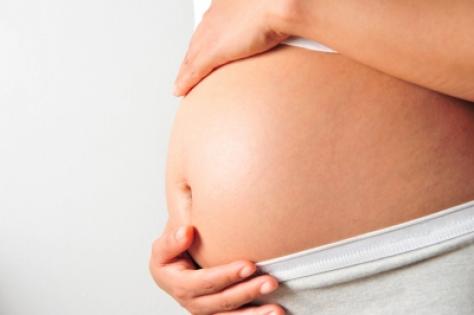A study by the Murdoch Childrens Research Institute in Victoria, published on Friday, found women with at least one child have about half the risk of early MS symptoms compared to women without children.
The risk of developing symptoms of the incurable disease appear to drop with each additional child.
For example, women with three children have a 75 per cent lower risk of early MS symptoms compared to women without children.
Lead researcher Anne-Louise Ponsonby says although the study found only an association between pregnancy and a lower risk of MS symptoms - not a direct cause-and-effect link - it could help explain why the incidence of MS in women has increased in past few decades.
"Our research suggests that this may be due to mothers having children later in life and having fewer children than they've had in past years," Ms Ponsonby said in a statement.
The study, which involved 800 women, also found the benefits of pregnancy seemed to remain even after researchers accounted for other factors such as smoking, skin damage and sun exposure and certain susceptibility genes.
"In our study, the risk went down with each pregnancy and the benefit was permanent."
Some 20,000 Australians are diagnosed with MS, which attacks the central nervous system and can cause bladder dysfunction, spasticity, depression and cognitive problems.















__small.png)










